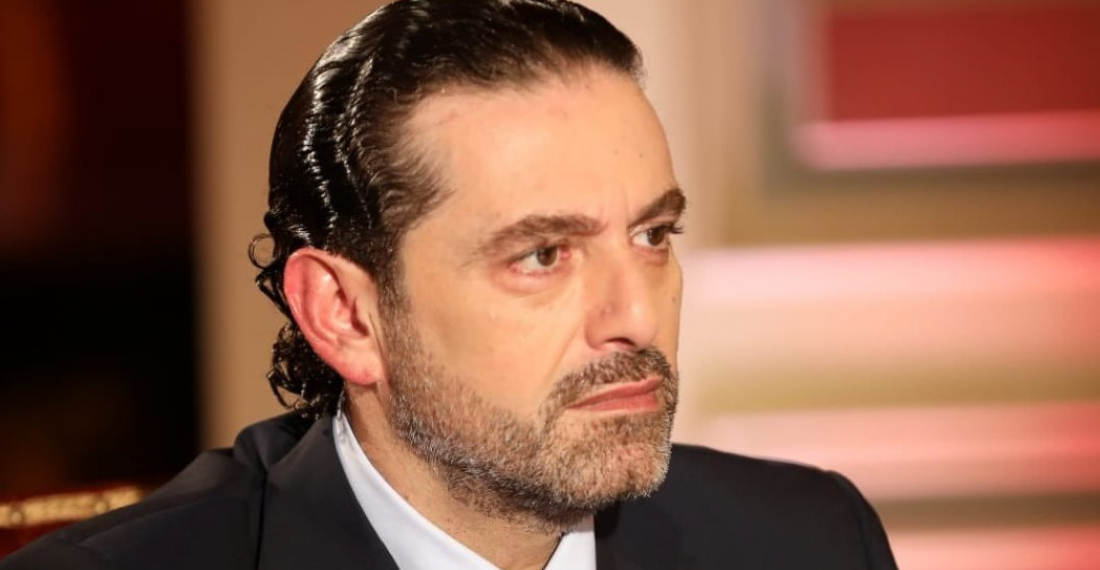Lebanon's prime minister-designate, Saad Hariri, has given up attempts to form the country's next government after a nine-month deadlock. The international community, including the United Nations, expressed its disappointment as the country plunges deeper into crisis.
On Wednesday (14 July), Hariri submitted a new list of 24 technocratic ministers but after a short meeting with President Michel Aoun, he told reporters the president requested changes that he would not accept. Hariri said that he offered the president more time, but Aoun said that it was clear that even after some time they would not agree.
President Michel Aoun said that he would soon set a date for consultations for a new candidate for the position of prime minister. Hariri and his parliament block said they would not nominate anyone for the position but will participate to constitute a quorum when the parliament meets on the matter.
The French foreign minister, Jean-Yves Le Drian, commented that Hariri's withdrawal was "an additional tragic chapter in the inability of Lebanese officials to find a solution to the crisis."
The secretary-general of the League of Arab States, Ahmed Abul Gheit, expressed deep disappointment at the Lebanese prime minister-designate’s decision.
The crisis at its core lies in the appointment of key cabinet positions. Hariri accused the president and his party of attempting to dictate the cabinet nominations while the president accused Hariri of doing the same.
The European Union said it hopes to prepare a legal framework for sanctioning Lebanese leaders for their poor handling of the economic crisis.
Josep Borrell, High Representative of the EU for Foreign Affairs and Security Policy, on Monday (12 July), announced: “The (foreign) ministers reached a political understanding that a sanctions regime against those who are responsible for the situation (in Lebanon) should be established.” The EU hopes to have a sanctions regime ready by the end of July.
Possible sanctions could include travel bans and assets freezes for specific politicians that are accused of corruption, obstructing efforts to form a government, financial misdeeds and human rights abuses.
The European Union has extended its helping hand several times to Lebanon. France and the United Nations are also planning to hold a humanitarian support conference next month.






